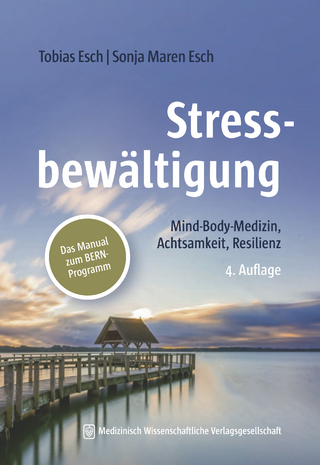
Rationalist Bias in Communication Theory
Business Science Reference (Verlag)
978-1-7998-7440-9 (ISBN)
While communication theory has not recognized the implications of the social intuitionist model, psychologists have gathered an impressive body of evidence to support the theory. In social cognition research, there was the idea that human inferential processes are conscious, rational, logical, and accurate, and this belief continues somewhat in the behavioral sciences although there is evidence that it is incorrect. A fresh examination is needed on just how these inferences by the receiver and the implications by the sender, carried out at high speed, impact our understanding of the communication process. Simply put, until now the default case in communication theory is the belief that we consciously reason and then we act. However, that may not be entirely true.
Rationalist Bias in Communication Theory applies social intuition theory to human communication. This book explores how research has missed accounting for a critical fact about human communication in the theories of communication, namely that we as humans can respond to one another and to all kinds of stimuli faster than we can deliberate. By applying intuitive cognition to communication, a new light can be shed on the communication process, which is what the chapters prove and discuss.
This book is valuable for social scientists, practitioners, researchers, academicians, and students interested in new theories in communication theory.
Leonard Shedletsky, PhD is Professor of Communication at The University of Southern Maine. He is the author of Meaning and Mind: An Intrapersonal Approach to Human Communication (1989), Human Communication on the Internet (2004, with Joan Aitken), co-editor of Intrapersonal Communication Processes (1995), as well as numerous articles and chapters. He wrote the entry, ""Cognition,"" for the International Encyclopedia of Communication, 2008. He has been teaching since 1974. He teaches a range of courses in communication with cognition, discourse and meaning as underlying themes. He developed and taught the course ""Intergenerational Communication and the Internet,"" in which college students mentored older adults in Internet use. He was named The Russell Chair, 2009 - 2011 in Philosophy and Education for a two-year period. The distinction carries the responsibility of presenting one or more public lectures on issues in education and/or philosophy during each of the two years. He was awarded recognition for STELLAR scholarship and teaching, University of Southern Maine (USM) 2003 and 2007. He has received a Center for Technology-Enhanced Learning Development Grant at USM (2007) to develop the course, Research Methods, for online delivery. In 2009 he received a Alfred P. Sloan Foundation grant to expand the online capacity for his department to deliver the major in communication and media studies. His resume is available at: http://www.usm.maine.edu/com/resume.html. His current research interest explores discussion online versus in the classroom. He is trying to find out what facilitates active and high quality discussion in education.
| Erscheinungsdatum | 26.07.2021 |
|---|---|
| Sprache | englisch |
| Maße | 216 x 279 mm |
| Gewicht | 633 g |
| Themenwelt | Sachbuch/Ratgeber ► Gesundheit / Leben / Psychologie ► Entspannung / Meditation / Yoga |
| Sozialwissenschaften ► Kommunikation / Medien ► Allgemeines / Lexika | |
| Sozialwissenschaften ► Kommunikation / Medien ► Kommunikationswissenschaft | |
| Sozialwissenschaften ► Kommunikation / Medien ► Medienwissenschaft | |
| ISBN-10 | 1-7998-7440-0 / 1799874400 |
| ISBN-13 | 978-1-7998-7440-9 / 9781799874409 |
| Zustand | Neuware |
| Haben Sie eine Frage zum Produkt? |
aus dem Bereich


